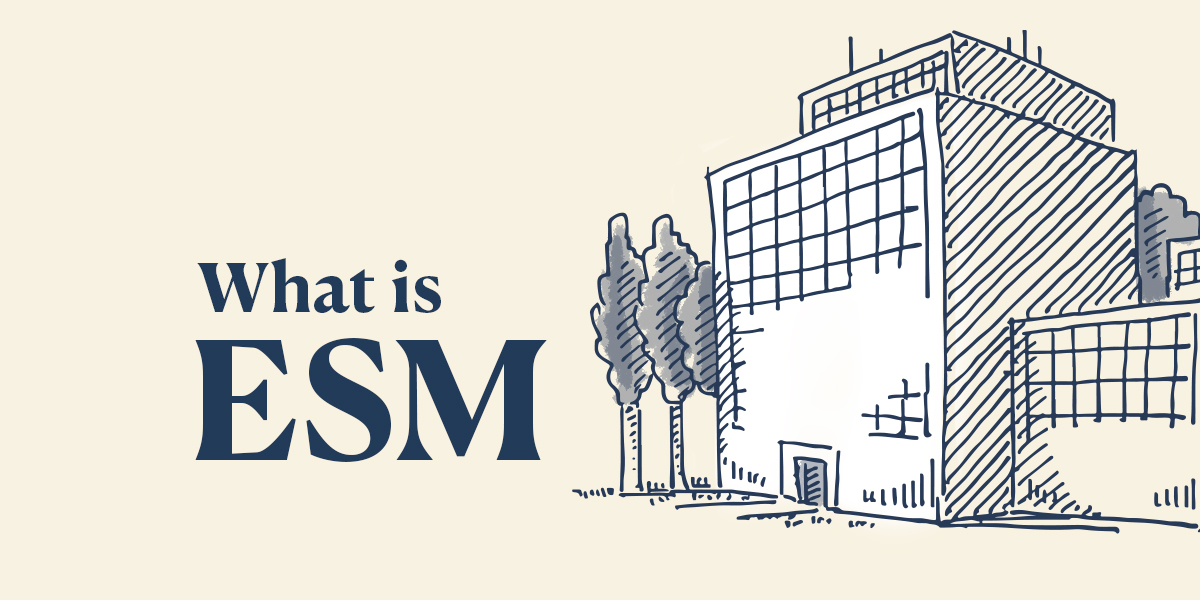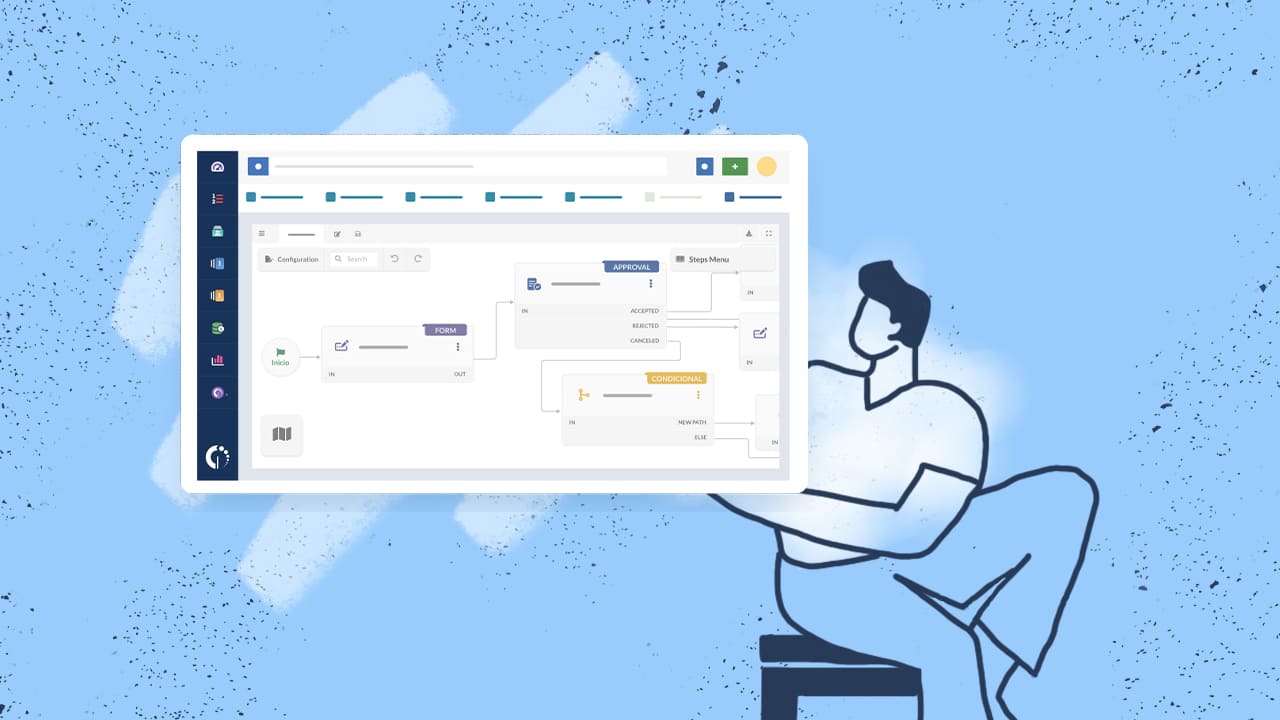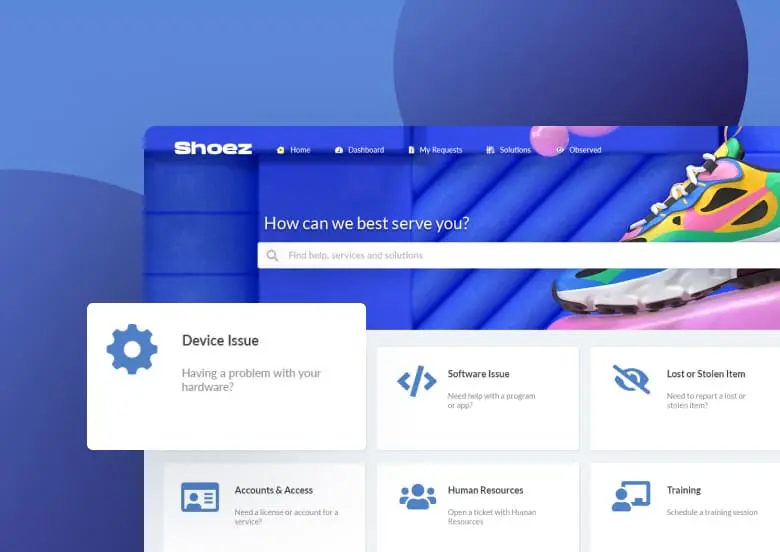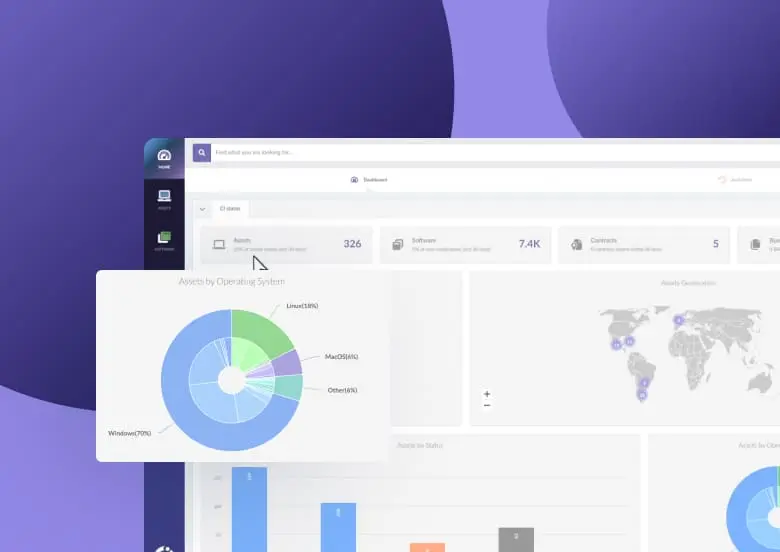2024 was a year that reshaped what we thought we knew about service desk practices. In ways we might not have anticipated, the year pushed us from the predictable to the extraordinary, from traditional service paradigms into a proactive, user-first approach that felt almost revolutionary. Service Management and Enterprise Service Management are now at the center of how organizations navigate digital transformation and user-centric service design.
AI capabilities matured at an astonishing pace, and with the demand for seamless, intuitive digital interactions reaching new heights, service desks and Service Management practitioners found themselves at the forefront -- not merely as support units, but as strategic pillars in business continuity and user satisfaction. It was an exhilarating shift, filled with promise and a few curveballs along the way.
This year revealed how essential it is for service desks to transcend quick resolutions and embrace a truly comprehensive, customer-centered approach that anticipates issues before they even become tickets. In doing so, 2024 became a proving ground for concepts like AI-driven insights, enhanced cybersecurity, and more personalized support experiences. These innovations, coupled with the lessons learned, are already setting the stage for even bigger digital transformations on the horizon.
Throughout this year, we saw a whirlwind of advancements: centralized communication platforms, smarter automated processes, and intuitive AI chat solutions made interactions faster, sharper, and more responsive than ever. But along with these wins, the year also shone a light on vulnerabilities.
The rise of AI brought new considerations for security and privacy and underscored the limitations of legacy performance metrics, especially in a world where AI often resolves issues quietly in the background. It was a year of undeniable growth, but it also called for recalibration as we came to recognize the need for more adaptive, resilient service operations.
2024 surprised us, challenged us, and prepared us for what lies ahead. Now, with these lessons in hand, we’re poised for the even greater transformation that 2025 will bring!
Looking forward to 2025: transforming Service Desk capabilities
Building on these lessons, 2025 will see the service desk evolve further, transcending traditional functions to focus on platforms that prioritize efficiency, accuracy, and security as the stakes for seamless, resilient service delivery continue to rise.
IT Service Management is shifting toward even deeper alignment with AI-enhanced insights, customer-centric practices, and fortified security protocols designed to protect against sophisticated threats.
I anticipate a series of trends that will shape the future of service desks. Service desks will continue evolving into adaptable, user-driven entities at the heart of ITSM, embodying the agility, resilience, and foresight needed to thrive in an increasingly digital and security-conscious world.
Let’s take a look at some service desk trends that will surely be taking hold throughout 2025.
1. The continued expansion of ITSM into Enterprise Service Management
While the expansion of IT Service Management principles into other areas – such as HR, Facilities, and Finance – has been underway for years, circumstances unique to 2025 will accelerate this shift. The rapid maturity of AI technologies and the increasing demand for unified, user-centered service experiences are driving organizations to adopt Enterprise Service Management more widely.
These forces, combined with a greater focus on efficiency and agility in hybrid work environments, will push organizations to standardize and scale ITSM practices across all service areas. By doing so, they can break down silos, improve operational consistency, and create an integrated service experience for employees and customers alike.

2. Autonomous enterprise service operations
While workflow automation was key in 2024, 2025 will see a move toward true autonomy in service desk operations. With self-operating systems capable of learning from historical data and making basic decisions without human intervention, service desks can self-diagnose, initiate fixes, and complete routine tasks based on pre-defined logic.
AI-driven systems will extend autonomy to broader service areas like facilities and HR by handling routine tasks and optimizing operations. For example, they can predict maintenance needs in facilities or streamline HR processes such as leave requests and onboarding. This shift enables seamless, proactive service delivery across departments, enhancing efficiency and freeing up teams to focus on strategic priorities.
Teams can focus on complex issues and higher-value tasks, as the system autonomously handles routine maintenance, system checks, and low-level service requests. This will require enhanced governance to maintain oversight and ethical AI practices.
3. AI-driven success metrics
2025 will require organizations to look beyond traditional performance metrics like mean time to resolution (MTTR), which often fail to capture AI's role in autonomously handling straightforward tasks. In this new landscape, AI-driven metrics such as user satisfaction with AI interactions, AI task completion rates, and adaptive learning speed will become the norm. These metrics reflect the unique capabilities of AI and provide clearer insights into the value this technology brings to the service desk.
Shifting focus to these nuanced metrics allows organizations to track AI's impact accurately and redefine success by evaluating AI's role in supporting seamless, efficient service.
4. Proactive cybersecurity embedded in service desk operations
With cyber attacks advancing in sophistication, 2025 will mark a shift to proactive cybersecurity where threat detection and response are baked into service desk operations. New AI models can identify patterns indicative of security risks, creating a layer of constant vigilance that protects systems without requiring intervention.
Proactive security extends beyond IT, safeguarding sensitive data and ensuring operational continuity across enterprise services like HR, Finance, and Facilities. By embedding advanced threat detection and response capabilities into these areas, organizations can mitigate risks, maintain compliance, and protect critical workflows from disruption.
Service Management professionals can now act in near-real-time to mitigate risks, enhancing organizational security and responsiveness. Security awareness becomes part of the service desk DNA, fostering a company-wide security culture.
5. Citizen developers and the No-Code movement in Service Management
In 2025, service desks will further embrace the no-code movement, empowering “citizen developers” to create and manage workflows without technical expertise. This democratization of technology enables team members outside IT to actively improve and automate processes, leading to faster, more tailored service desk solutions. No-code tools offer a new level of agility, especially in hybrid work environments, where custom workflows are essential.
The rise of no-code platforms makes service desk solutions accessible to all departments, reducing dependencies on IT while fostering cross-functional collaboration and innovation.

6. Employee-centric tech implementation
We’ll see technology designed around employee needs taking precedence. Tools that streamline hybrid work, reduce routine tasks, and provide autonomy will enhance job satisfaction and productivity. By incorporating real-time employee feedback into technology decisions, organizations can ensure that service desk tools not only meet operational needs but also improve the employee experience, fostering a supportive work environment.
An employee-centered approach to tech implementation fosters a culture where technology enhances well-being and work-life balance, leading to a more motivated, engaged, and resilient workforce.
7. Smart, AI-driven Asset Management
With the integration of AI and IoT sensors, service desks can receive real-time data on asset performance, location, and condition. For example, IoT sensors on physical assets can track environmental factors like temperature or humidity, providing alerts before these conditions lead to malfunctions. AI will analyze usage patterns to predict maintenance needs and suggest optimal times for replacements, ultimately helping to reduce downtime and extend asset lifespans.
By making Asset Management smarter and more data-driven, service desks will move from reactive maintenance to predictive, condition-based interventions. This approach reduces unplanned outages and saves costs on repairs, while also allowing IT teams to manage resources more effectively, adapting asset utilization to real-time demands.
8. Service Desk as a strategic partner in sustainability
With environmental considerations taking center stage, sustainable IT practices will become a priority in 2025. Service desks can support sustainability initiatives by optimizing hardware usage, minimizing waste through extended asset life cycles, and using energy-efficient configurations for workstations and servers. Additionally, service desks will help track the environmental impact of IT operations, such as carbon footprints and energy consumption, contributing to the organization’s green goals.
Emphasizing sustainability in service desk operations aligns ITSM practices with organizational goals for reducing environmental impact, positioning the service desk as a leader in corporate responsibility and resource stewardship.
Final thoughts
As we stand at the threshold of 2025, the pace of transformation is redefining the very role of the service desk. The next twelve months are poised to challenge conventions, empower professionals, and set a new bar for service delivery in IT.
Three principles will guide this shift: hyper-integration, proactive automation, and unwavering user-centric innovation. Together, these elements form the blueprint for a service desk that is no longer just reactive support but a strategic, proactive partner in an organization’s success.
For Service Management professionals, this is a call to lead. To be on the forefront of change, to redefine their impact, and to ensure that every touchpoint, every solution, and every interaction reflects a commitment to excellence. In a landscape where technology continues to blur the line between human and machine-driven solutions, it is this human touch, this proactive foresight, that will distinguish exceptional service desks from the rest. We can’t lose sight of it.
As we embrace 2025, let’s go beyond merely keeping pace with change. Let’s be the driving force, setting a standard that others aspire to follow. Let’s make it a future defined by unwavering quality, boundless agility, and a relentless focus on the user experience.
















